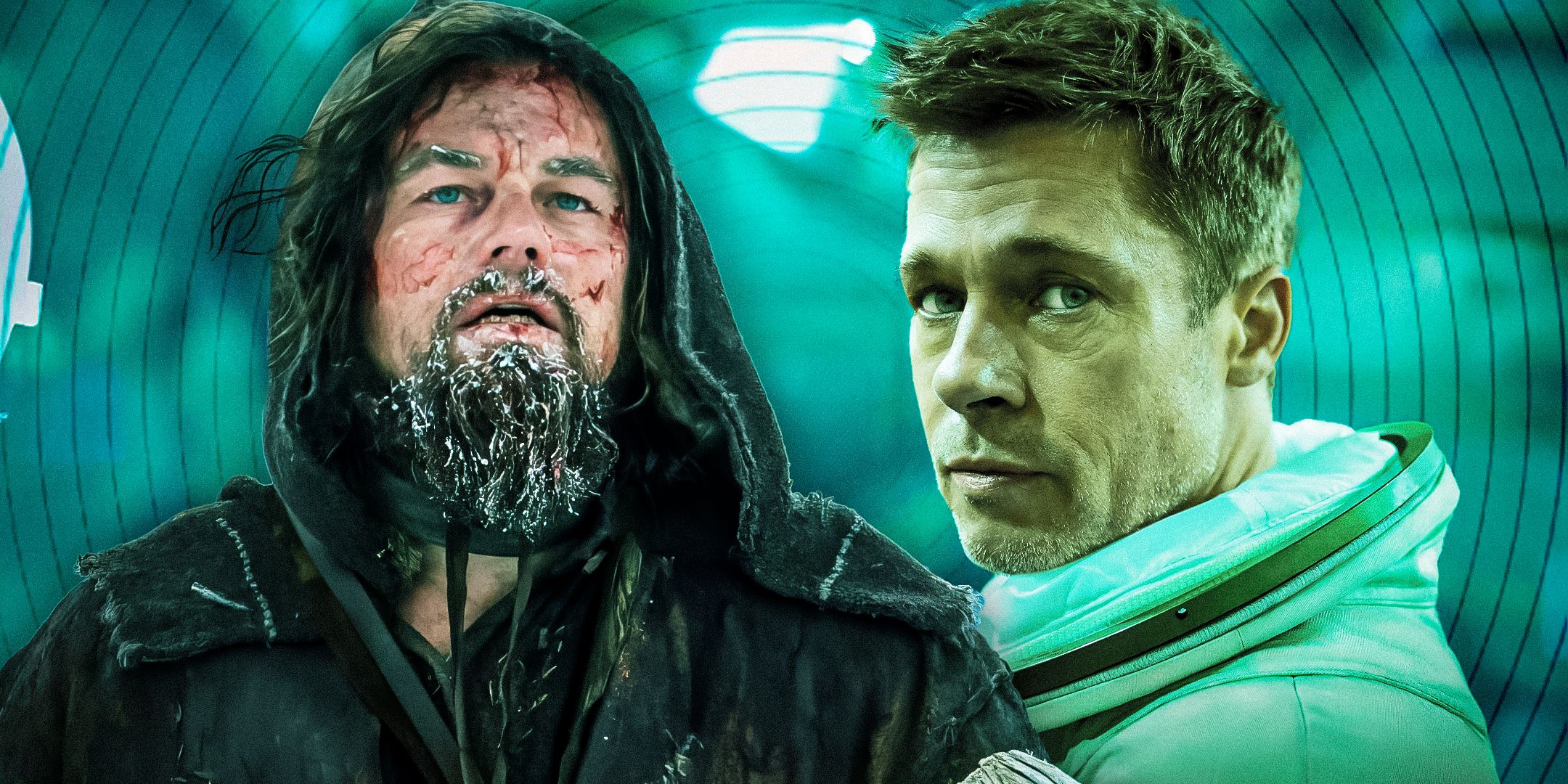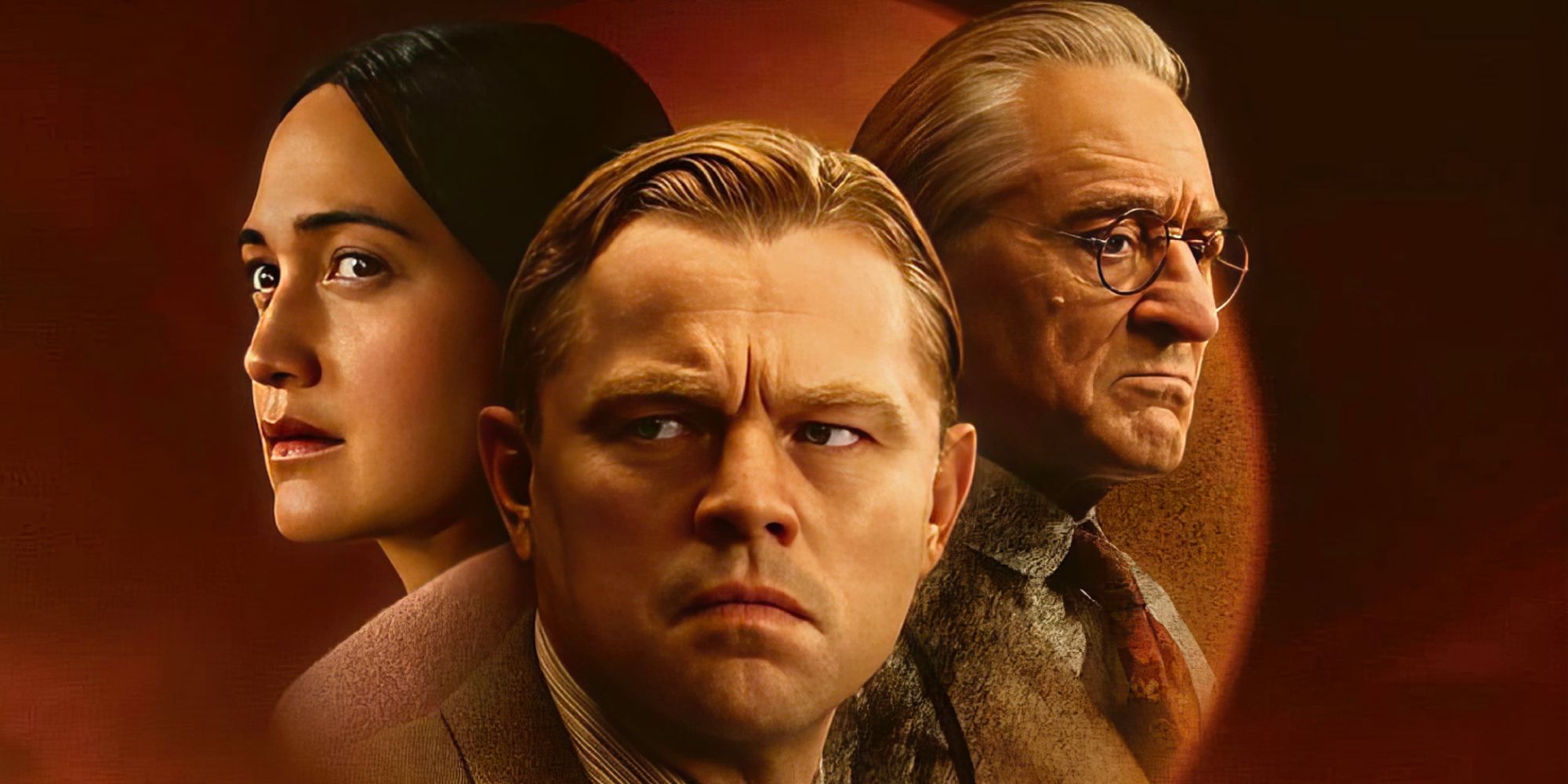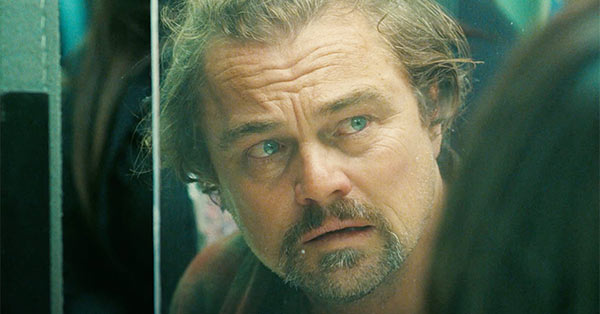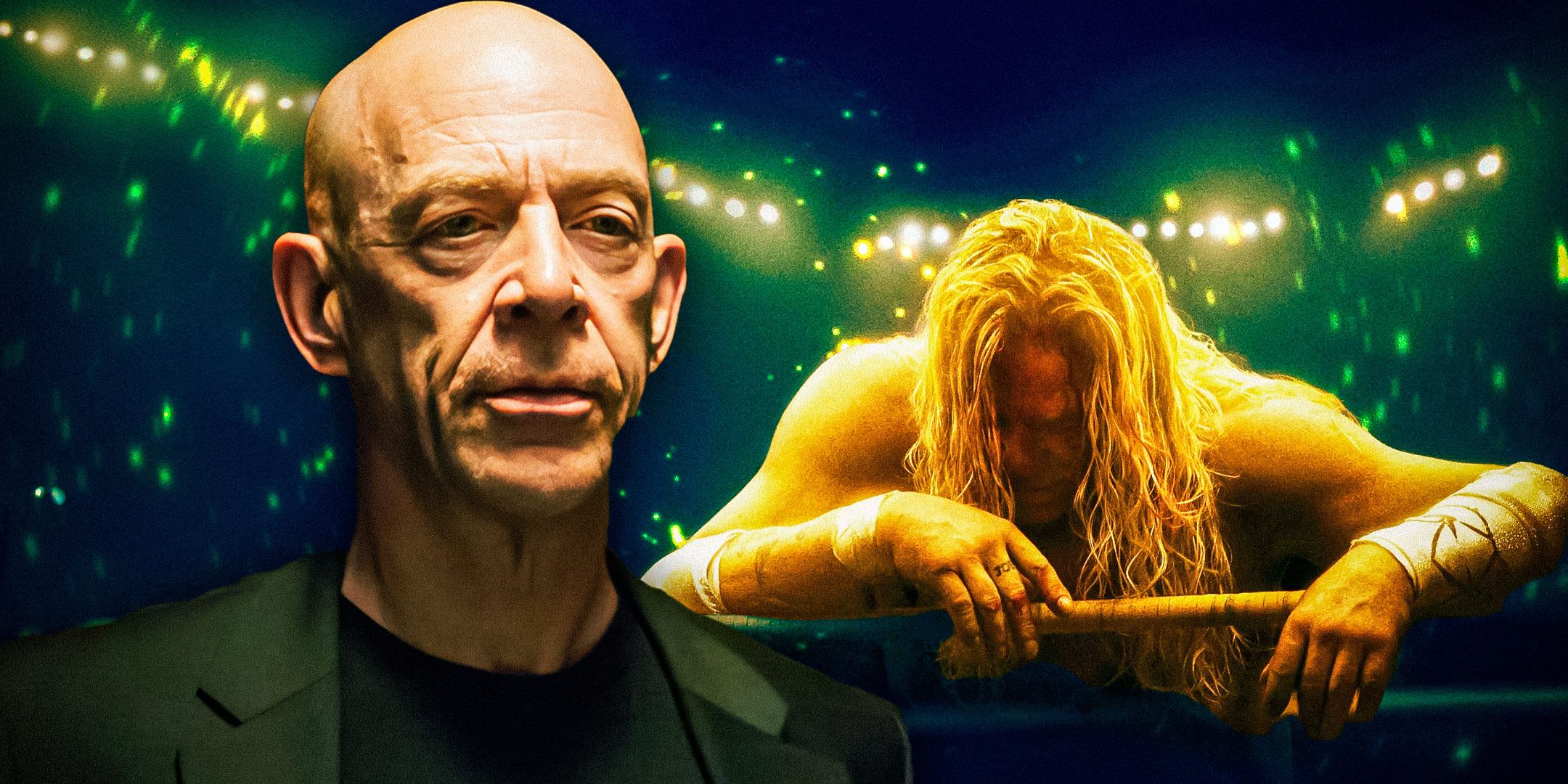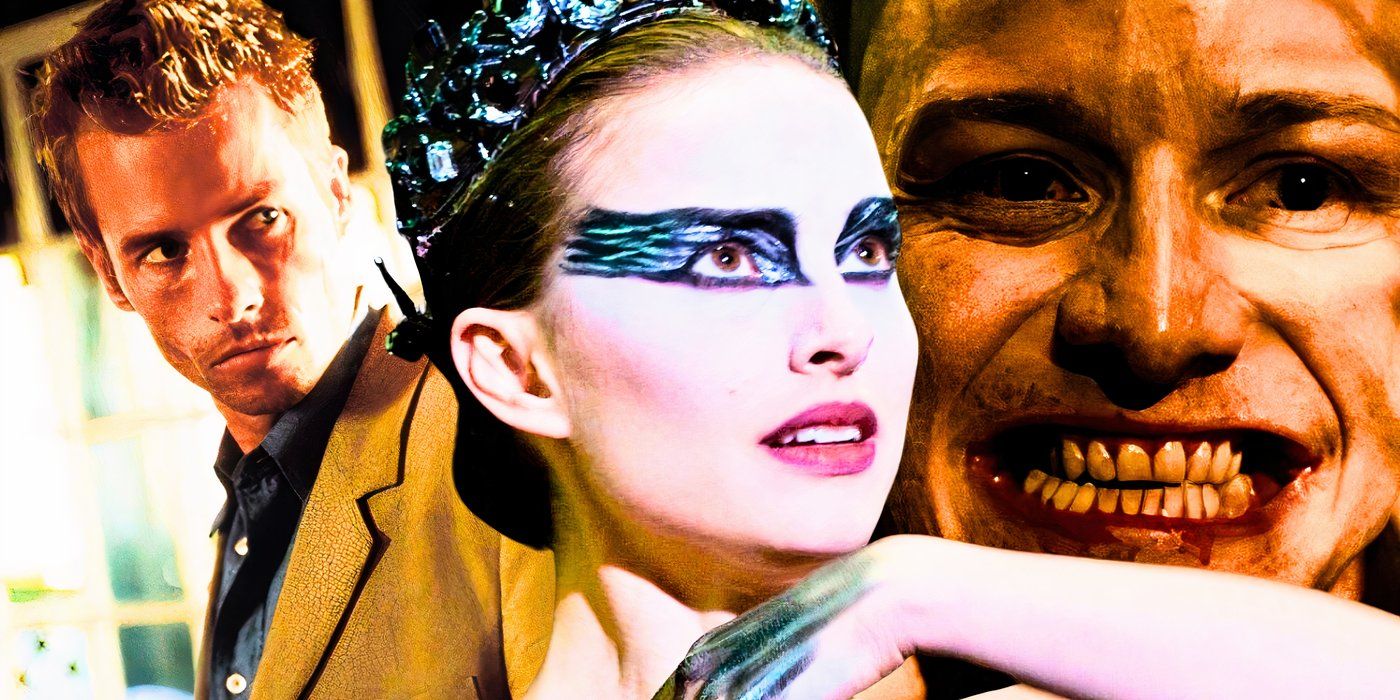10 Most Successful Non-American Directors in Hollywood
You know what’s fascinating about Hollywood? Despite being America’s entertainment powerhouse, some of its most brilliant filmmaking minds actually come from all corners of the globe. Seriously, it’s like a United Nations of cinema out there!
These visionary directors didn’t just bring their suitcases when they came to Tinseltown – they packed their unique cultural perspectives and mind-blowing storytelling techniques that have completely reshaped how we experience movies.

Think about it – from those massive commercial blockbusters that have us lining up at midnight premieres to those critically acclaimed masterpieces that make us feel things we didn’t know we could feel, these international filmmakers have left their fingerprints all over the industry. They’ve broken barriers, shattered box office records, and collected enough golden statues to fill a museum.
Ready for a world tour of cinematic genius? Let’s dive into the 10 most successful non-American directors who didn’t just visit Hollywood – they conquered it and transformed movies forever.
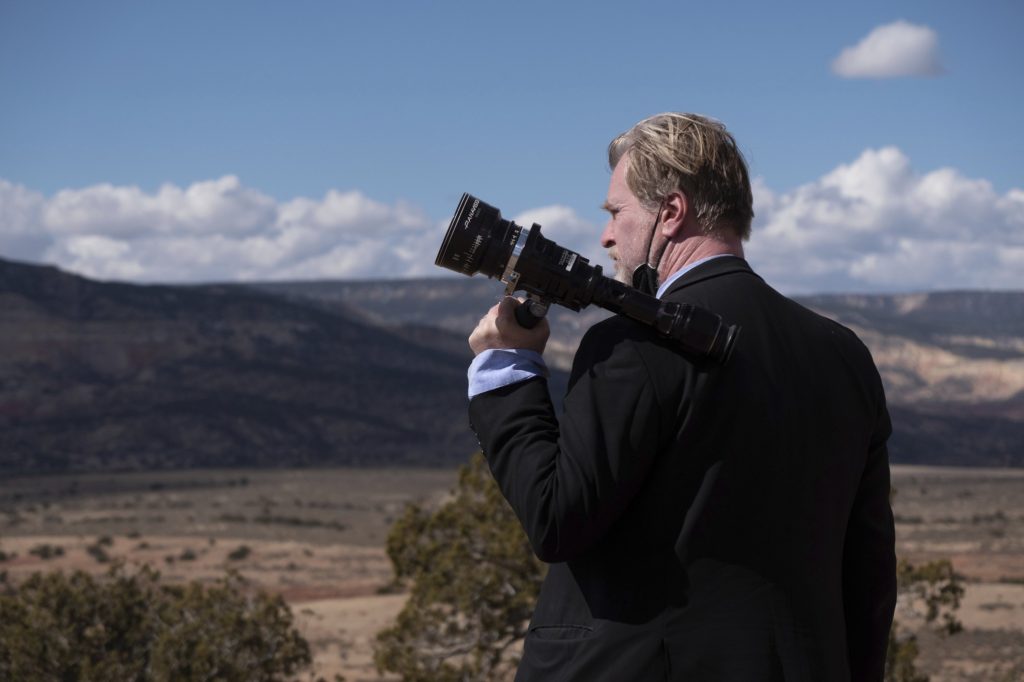
Let’s kick things off with the British mastermind who has absolutely redefined what a summer blockbuster can be. Remember when you walked out of Inception with your brain feeling like it had been through a washing machine? That’s the Nolan effect for you! Christopher Nolan doesn’t just make movies – he crafts intricate puzzles that somehow manage to make billions at the box office.

Who else could make Batman philosophical, space travel emotional, and war sequences so immersive you need to remember to breathe? With the Dark Knight Trilogy, Nolan transformed superhero films from popcorn flicks to serious cinema.
And have you seen how he plays with time in almost every film? It’s become his signature move – like a magician who keeps using the same trick but somehow makes it more mind-blowing each time.
After raking in over $6.6 billion worldwide and collecting nominations like they’re going out of style, Nolan finally got that elusive Best Director Oscar for Oppenheimer in 2023. About time, right?
The Academy had been giving him the cold shoulder for years despite him practically reinventing how blockbusters can challenge audiences while still delivering those spectacular “wow” moments we all crave.
Notable Films: The Dark Knight, Inception, Interstellar, Dunkirk, Oppenheimer
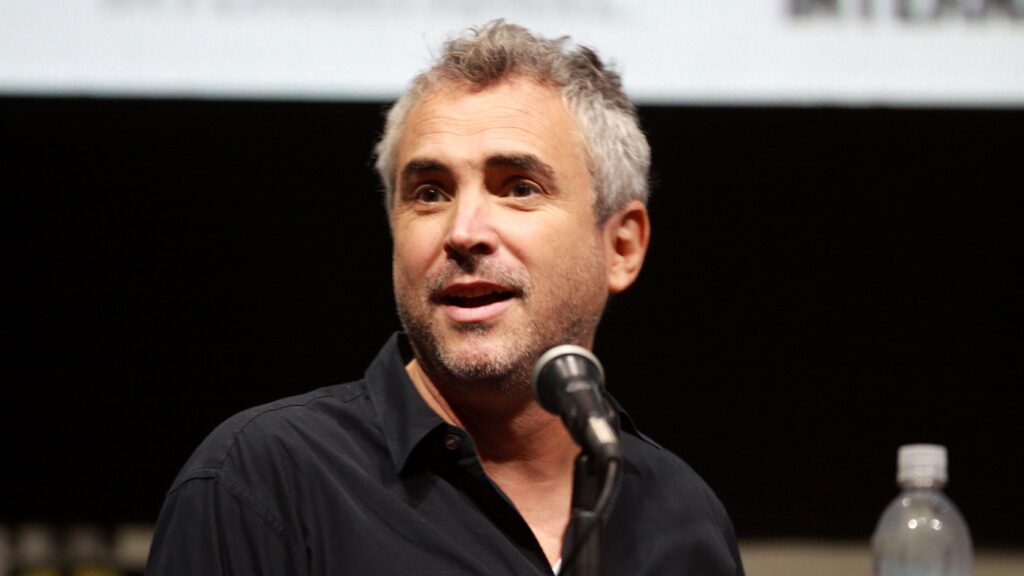
Talk about range! This Mexican maestro is like that friend who’s inexplicably good at everything they try. One minute, he’s directing the best Harry Potter film in the series (yeah, Prisoner of Azkaban rules!), and the next, he’s making us float through space with Sandra Bullock in Gravity or delivering the achingly beautiful black-and-white memoir Roma.
Have you noticed how Alfonso Cuarón loves those insanely long, unbroken shots that make you wonder, “How on earth did they film that?” That seven-minute car ambush scene in Children of Men? Pure cinematic magic that had directors around the world taking notes. And the technical wizardry he pulled off in Gravity literally changed how space movies are made.
What’s really impressive about Cuarón is how he moves effortlessly between languages, genres, and budgets without missing a beat. Those two Best Director Oscars for Gravity and Roma – films that couldn’t be more different from each other – prove that this filmmaker refuses to be boxed in.
While some directors find their lane and stick to it, Cuarón keeps reinventing himself with each project, bringing that signature emotional depth that hits you right in the feels, regardless of whether the story takes place in space or 1970s Mexico City.
Notable Films: Y Tu Mamá También, Children of Men, Gravity, Roma
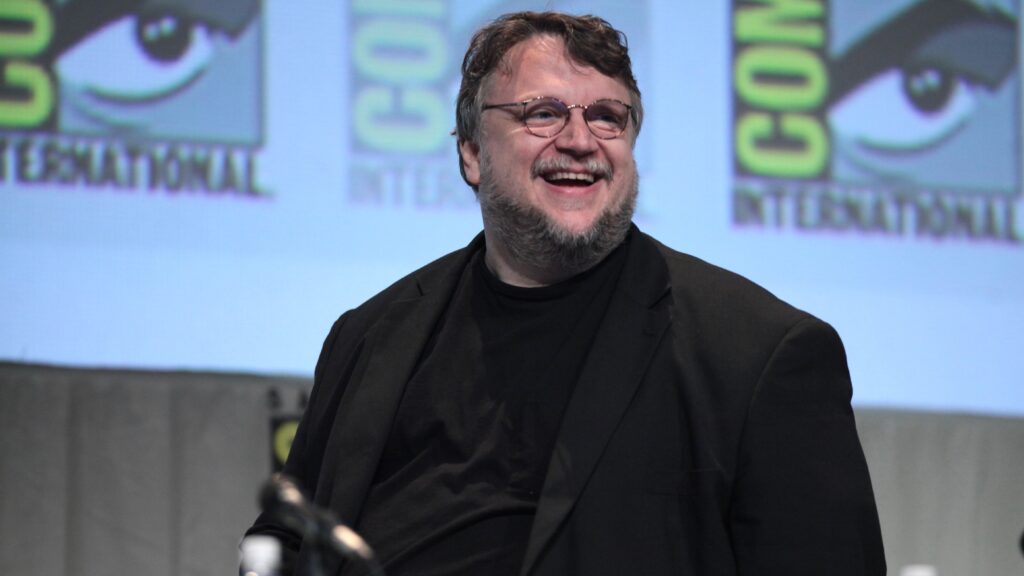
If Tim Burton and H.P. Lovecraft had a movie-making baby who was raised by fairy tales, you’d get Guillermo del Toro. This guy’s imagination is like a beautiful nightmare you never want to wake up from!
Has anyone ever made monsters feel so human, and humans feel so monstrous? That’s del Toro’s special sauce – finding beauty in the grotesque and exposing the ugly truth beneath beautiful facades.
Remember when everyone raised their eyebrows at the “woman falls in love with fish-man” premise of The Shape of Water? Then he went and turned it into a Best Picture winner that had us all emotionally invested in that unlikely romance. The Academy finally recognized his genius in 2018, handing him those coveted Best Picture and Best Director trophies.
What’s fascinating about del Toro is his absolute refusal to grow up in the best possible way. The man still collects monster toys and keeps a separate house (which he calls “Bleak House”) filled with horror memorabilia and creepy curiosities.

This childlike wonder combined with adult themes creates that distinctive del Toro vibe we see in everything from the haunting Pan’s Labyrinth to his gorgeous stop-motion Pinocchio.
Watching his films feels like being guided through a macabre museum by a curator who’s equally excited about showing you the exhibits and telling you the dark stories behind them.
Notable Films: Pan’s Labyrinth, The Shape of Water, Hellboy, Crimson Peak, Guillermo del Toro’s Pinocchio
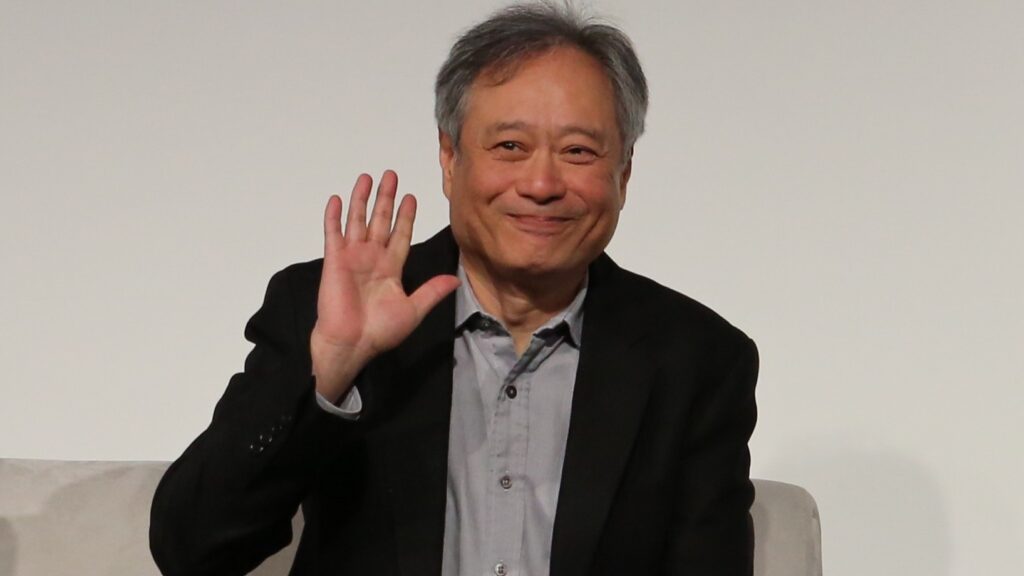
Is there any genre Ang Lee can’t master? Seriously, the man’s filmography looks like someone with cinematic ADHD got hold of his career plan!
One minute, he’s directing a Jane Austen period piece (Sense and Sensibility); the next, he’s revolutionizing martial arts cinema (Crouching Tiger, Hidden Dragon). Then he’s breaking ground with a gay cowboy love story (Brokeback Mountain), and just as suddenly, he’s hanging out with a CGI tiger on a lifeboat (Life of Pi). Oh, and let’s not forget he even tried his hand at a superhero movie with Hulk!
⚡️ “Celebrating the Lyrical Filmmaking of Ang Lee” by @TIFF_NEThttps://t.co/gALx3zRVi4
— TIFF (@TIFF_NET) October 23, 2018
What’s crazy impressive about Lee isn’t just his genre-hopping; he brings such emotional authenticity to each film, regardless of setting or style. Think about it: this Taiwanese director perfectly captured the British aristocracy’s repressed emotions, then turned around and delivered one of the most poignant explorations of forbidden love in the American West. That’s a range that would make most actors jealous, let alone directors.
Those two Best Director Oscars (for Brokeback Mountain and Life of Pi) speak volumes about Hollywood’s respect for his chameleon-like abilities. And yet, despite all these radically different films, there’s always that distinctive Ang Lee touch – that deep understanding of human restraint and desire, cultural expectations versus personal freedom.
Whether his characters are floating through bamboo forests or adrift on the ocean, Lee finds the universal human experience in every story he tells.
Notable Films: Crouching Tiger, Hidden Dragon, Brokeback Mountain, Life of Pi, Sense and Sensibility
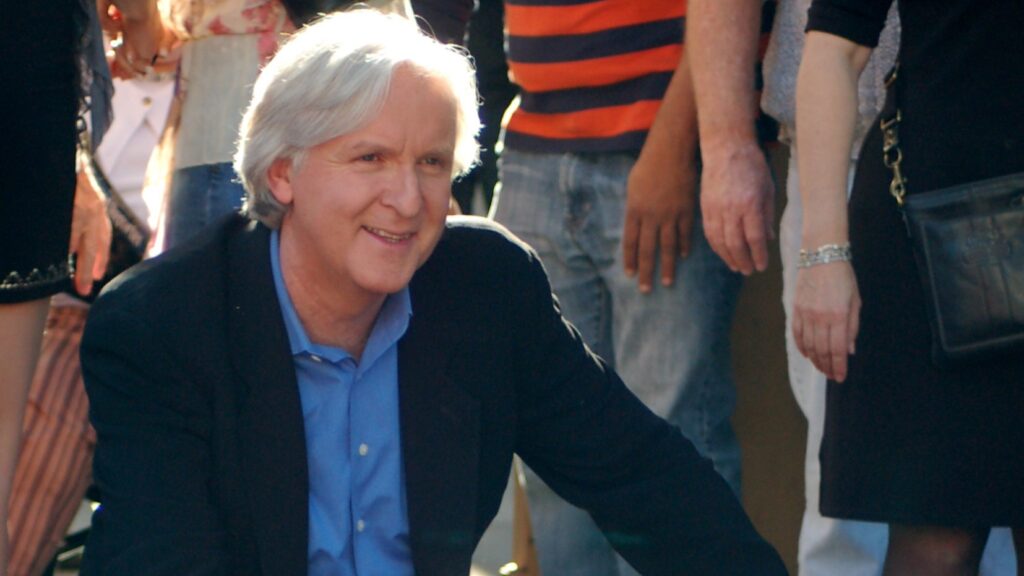
If Hollywood directors were superheroes, James Cameron would be the Tony Stark – part genius inventor, part shameless showman, and completely unafraid to spend ungodly amounts of money to realize his vision.
This Canadian filmmaker doesn’t just make movies; he creates entire worlds and then invents the technology needed to bring them to life. Who else would literally sink a nearly full-scale replica of the Titanic for authenticity’s sake? Or wait 13 years between films because the technology to realize his vision didn’t exist yet?

The numbers speak for themselves – Titanic, Avatar: The Way of Water, and Avatar sitting at #4, #3, and #1, respectively, on the all-time global box office charts isn’t just success; it’s cinematic domination.
But what’s fascinating about Cameron is that beneath all those groundbreaking special effects beats the heart of an old-fashioned storyteller. Strip away the liquid metal terminators and the blue Na’vi, and you’ll find classic tales of unlikely romance, environmental messages, and underdog heroes.
Let’s not forget that before he became known for those mega-blockbusters, Cameron gave us one of sci-fi’s most iconic action heroines in Ellen Ripley through her evolution in Aliens and forever changed the action genre with Terminator 2. The man practically invented modern action cinema as we know it!
And just when everyone thought traditional movie theaters were dying, he dragged audiences back with Avatar: The Way of Water, proving yet again that when James Cameron says “jump,” both the industry and audiences ask, “How high?”
Notable Films: The Terminator, Aliens, Titanic, Avatar, Avatar: The Way of Water
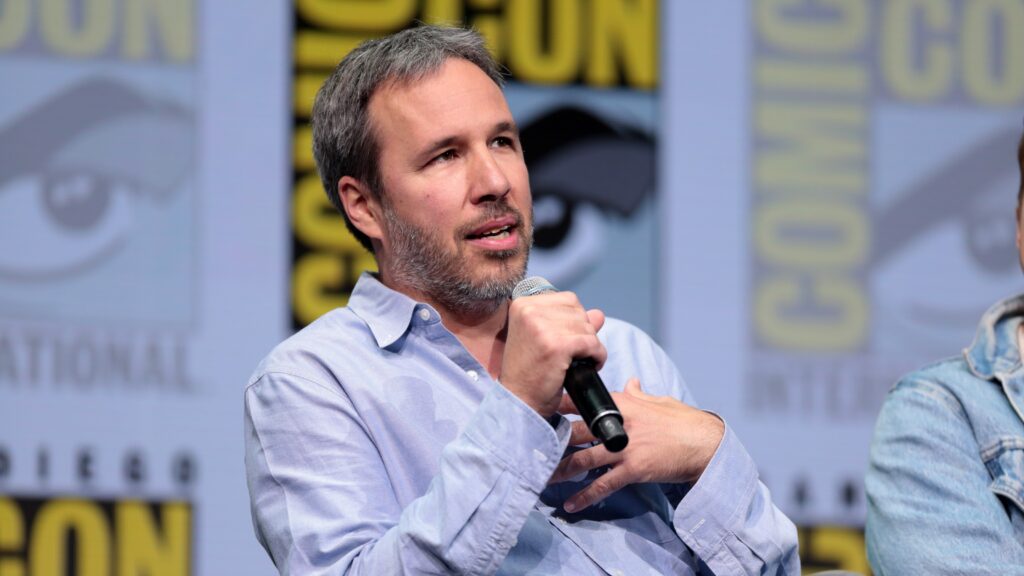
Can we talk about how this quiet, thoughtful Canadian has somehow become Hollywood’s go-to guy for intelligent sci-fi that actually respects your brain cells?
While other directors might be content giving us laser battles and alien invasions, Denis Villeneuve is over here making us contemplate language, time, memory, and identity while still delivering those jaw-dropping visuals that make your eyeballs want to send him a thank-you card.
His rise has been meteoric but meticulously earned. After cutting his teeth on psychologically intense thrillers like Prisoners (which will make any parent break out in cold sweats) and Sicario (possibly the tensest border crossing scene in cinema history), Villeneuve plunged into science fiction with a vision so distinct it’s practically created its own subgenre. Honestly, who else would take a story about alien linguistics and turn it into the emotional gut-punch that was Arrival?
And talk about courage – the man took on not one but TWO sci-fi properties that fans considered untouchable. Making a sequel to Blade Runner was considered cinematic suicide, yet Blade Runner 2049 emerged as a masterpiece that some argue surpasses the original.
Then he tackled the supposedly “unfilmable” Dune and delivered a two-part epic that managed to please both hardcore Frank Herbert fans and newcomers alike. With his patient pacing, philosophical themes, and images that linger in your mind for days, Villeneuve has become the thinking person’s blockbuster director and the natural heir to filmmakers like Ridley Scott and Christopher Nolan.
Notable Films: Prisoners, Sicario, Arrival, Blade Runner 2049, Dune Parts One and Two
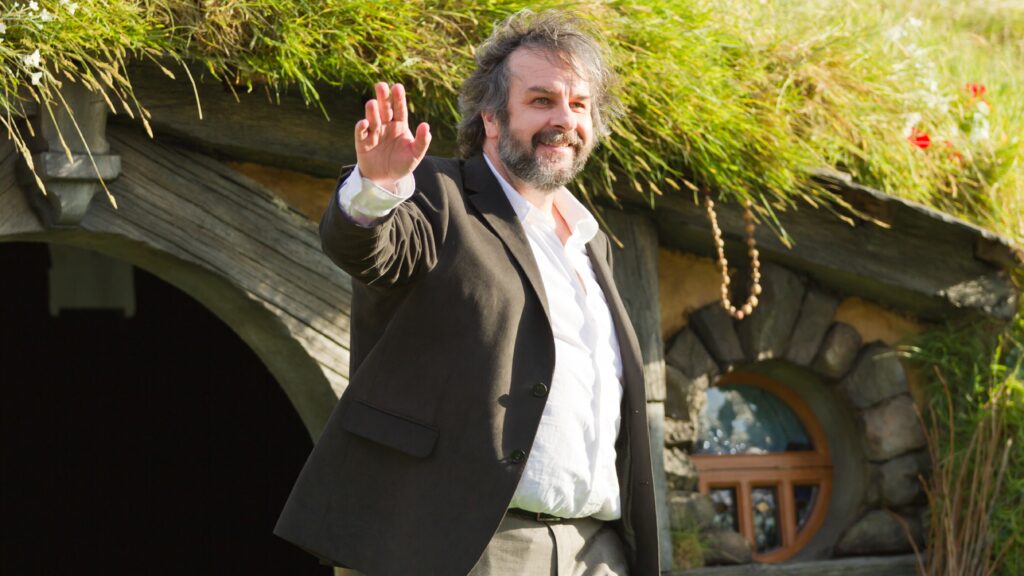
Remember when New Zealand was just that place where they had a lot of sheep? Then Peter Jackson came along, turned his homeland into Middle-Earth, and suddenly everyone was planning their vacation to Hobbiton! Talk about a national tourism boost!
This bearded wizard of a filmmaker has one of the most unlikely success stories in Hollywood – going from making gleefully disgusting low-budget splatter comedies like Bad Taste and Braindead (aka Dead Alive) to helming what might be the most ambitious and successful film trilogy of all time.
The scale of Jackson’s accomplishments with The Lord of the Rings trilogy still boggles the mind. He convinced a studio to film three massive movies simultaneously, created an entire industry of digital effects in New Zealand through his company Weta Digital, and somehow managed to turn a dense, supposedly unfilmable fantasy epic into accessible blockbusters that pleased both hardcore Tolkien fans and newcomers alike.
When The Return of the King swept the 2004 Academy Awards with 11 wins (tying with Ben-Hur and Titanic for most Oscars for a single film), it wasn’t just a victory for Jackson – it legitimized fantasy as a serious genre in Hollywood.
What’s particularly impressive about Jackson is his ability to balance the epic with the intimate. Even in the midst of massive battle sequences with thousands of digital characters, he never loses sight of the personal stories and emotional stakes.
Whether he’s working with hobbits, giant apes (King Kong), or bringing century-old World War I footage to vivid life (They Shall Not Grow Old), Jackson’s technical innovation is always in service of storytelling and emotional impact, not just spectacle for spectacle’s sake.
Notable Films: The Lord of the Rings trilogy, King Kong, The Hobbit trilogy, They Shall Not Grow Old
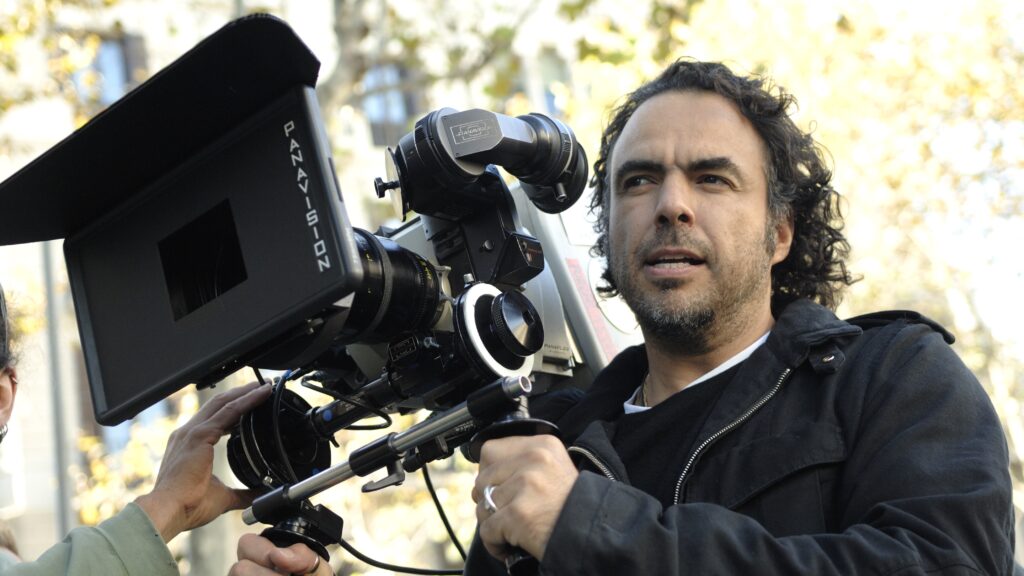
If cinema were a restaurant, Alejandro González Iñárritu would be that chef who insists on serving you the most challenging, complex dishes that might occasionally make you uncomfortable but will absolutely blow your mind with their artistry.
As the third Mexican director in our “Three Amigos” powerhouse (alongside Cuarón and del Toro), Iñárritu brings a distinctly different flavor to Hollywood – intense, often brutal, and unflinchingly focused on human suffering and redemption.

This is a filmmaker who does not believe in making things easy – not for his characters, his actors, or sometimes even his audience. Just ask Leonardo DiCaprio, who endured freezing temperatures, ate raw bison liver, and slept inside an animal carcass to win his long-overdue Oscar for The Revenant.
Or Michael Keaton and the cast of Birdman, who had to perform incredibly complex scenes in those mind-boggling extended takes that seem impossible to pull off. Iñárritu’s sets are notorious for being demanding, but the results speak for themselves.
Making history by winning Best Director Oscars in consecutive years (for Birdman in 2015 and The Revenant in 2016) puts him in rarefied air – only John Ford had accomplished that feat before him.
What makes Iñárritu’s work so compelling is his ability to connect seemingly disparate stories into powerful emotional tapestries, as he did in his breakthrough Amores Perros and the globe-spanning Babel.
Whether he’s exploring the fragility of fame, the brutal struggle for survival, or the interconnectedness of humanity across borders, Iñárritu creates visceral experiences that stay with you long after the credits roll – sometimes comfortably, sometimes not.
Notable Films: Amores Perros, Babel, Birdman, The Revenant

Remember that iconic 2020 Oscars night when everyone suddenly started practicing how to say “Bong Joon-ho” correctly? That’s when this South Korean mastermind went from “acclaimed foreign director” to “Hollywood game-changer” literally overnight!
With Parasite smashing the Academy’s language barrier to become the first non-English film to win Best Picture, Bong didn’t just get a seat at the table – he flipped the whole table over and revealed what was hiding underneath.
What makes Bong so fascinating is his ability to smuggle scathing social commentary into wildly entertaining genre films. You think you’re watching a monster movie (The Host), a post-apocalyptic action thriller (Snowpiercer), or a heartwarming animal adventure (Okja) – then suddenly you realize you’re actually experiencing a brilliant takedown of class inequality, environmental exploitation, or capitalism run amok.
It’s like finding vegetables hidden in a delicious dessert – you’re getting the nutritional value of serious cinema while enjoying every bite!
His signature move? Genre-mixing that would make a DJ jealous. Parasite seamlessly transforms from dark comedy to domestic thriller to horror to tragedy, sometimes within the same scene. That unpredictability keeps audiences on their toes and critics scrambling for new ways to describe his work.
This distinctive approach continues in his most recent film, Mickey 17, released on March 7, 2025. Adapted from Edward Ashton’s novel Mickey7, this sci-fi dark comedy stars Robert Pattinson as an “expendable” employee sent on dangerous missions who keeps getting cloned when he dies.
The film has garnered solid reviews (7/10 on IMDb, 77% on Rotten Tomatoes, and 3.7/5 on Letterboxd) while further cementing Bong’s reputation for blending genres and delivering thought-provoking entertainment.
Bong Joon Ho’s ‘MICKEY 17’ has passed $100M worldwide. pic.twitter.com/9eptWUYLIB
— Film Updates (@FilmUpdates) March 23, 2025
Before breaking through in Hollywood, Bong was already a legend in Korean cinema, with films like Memories of Murder, which many consider to be one of the greatest crime films ever made. Now that his international success has helped open doors for other Asian filmmakers, we’re getting to enjoy an entirely new wave of cinematic perspectives that Hollywood had previously overlooked. Honestly, we should all be sending Bong thank-you cards for that alone.
Notable Films: Memories of Murder, The Host, Snowpiercer, Okja, Parasite
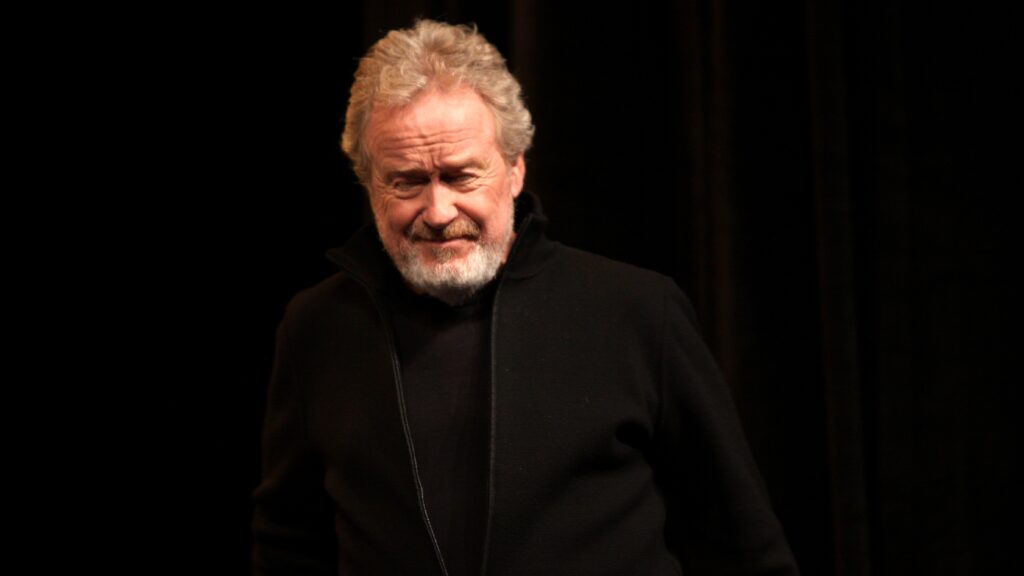
Can we talk about how Ridley Scott is basically the energizer bunny of directors? The man is in his 80s and still pumping out major films faster than directors half his age!
Most people his age are enjoying retirement, but Scott’s over here like, “Let me just knock out this historical epic about Napoleon real quick.” His work ethic alone would secure him a spot on this list, but then there’s the small matter of him having created some of the most iconic visual worlds in cinema history.
Think about it – this former advertising director has given us not one but TWO of the most influential sci-fi films ever made. Alien didn’t just scare the pants off audiences; it revolutionized how we visualize space, introduced one of cinema’s greatest heroines in Ripley, and created a monster so perfect that we’re still making movies about it over 40 years later.
Then there’s Blade Runner, which basically invented the aesthetic that every dystopian future has borrowed since 1982. That smoky, neon-lit, rain-drenched cityscape has become visual shorthand for “future noir” in everything from movies to video games.

What’s remarkable about Scott is his range – he’s as comfortable with intimate dramas like Thelma & Louise as he is with sword-and-sandal epics like Gladiator (which single-handedly revived the historical epic genre). His visual style – meticulous compositions, atmospheric lighting, and immaculate production design – makes each of his films instantly recognizable.
While he may not have as many Oscars as others on this list (shockingly, he’s never won Best Director), his influence on cinema’s visual language is arguably unmatched. In the pantheon of directors who’ve shaped how movies look, Scott sits right at the top, still cranking out films with the energy and visual innovation of a hungry newcomer.
Notable Films: Alien, Blade Runner, Gladiator, The Martian, Napoleon
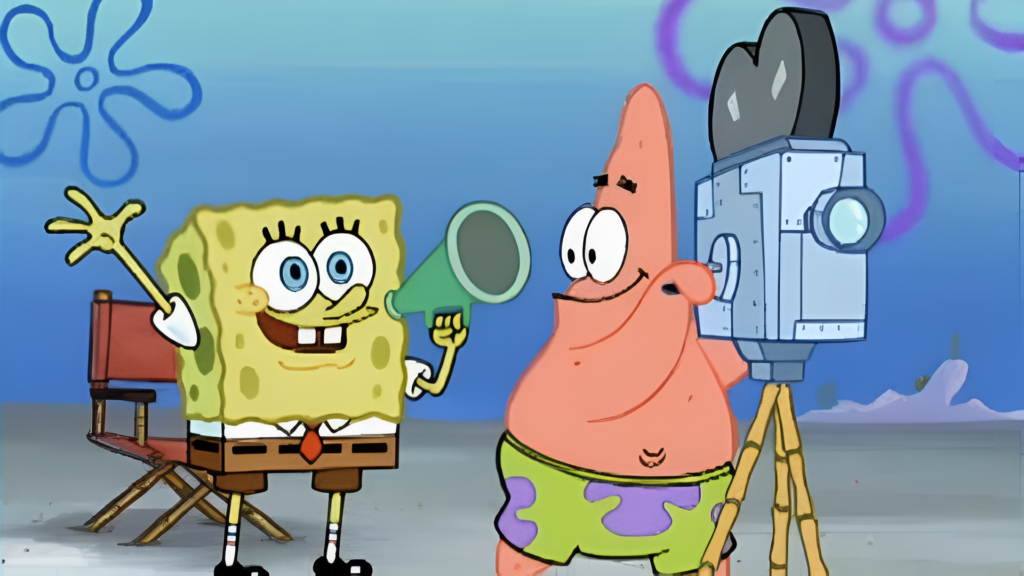
While our top 10 list celebrates Hollywood’s most successful international filmmakers, countless other non-American directors have made significant contributions to American cinema.
New Zealand’s Taika Waititi stands out for his remarkable journey from quirky indie comedies to mainstream success, reinventing Thor for the Marvel universe and winning an Oscar for his audacious Holocaust satire Jojo Rabbit. His distinctive blend of humor and heart, informed by his Māori heritage, has made him one of Hollywood’s most in-demand directors.
Similarly, Chinese-born Chloé Zhao made history as the second woman and first woman of color to win the Best Director Oscar for Nomadland, bringing her naturalistic style first developed in intimate American heartland stories like The Rider to bigger canvases, including Marvel’s cosmic epic Eternals. Her boundary-crossing career continues to defy expectations about what kinds of stories she “should” be telling as an Asian woman filmmaker.
British theater director Sam Mendes has demonstrated remarkable versatility since his Oscar-winning debut American Beauty, moving effortlessly between intimate character studies, reinvigorating the James Bond franchise with Skyfall, and creating the technical marvel 1917 designed to look like one continuous shot. His meticulous visual composition and focus on performance have consistently delivered films that are both commercially successful and critically acclaimed.
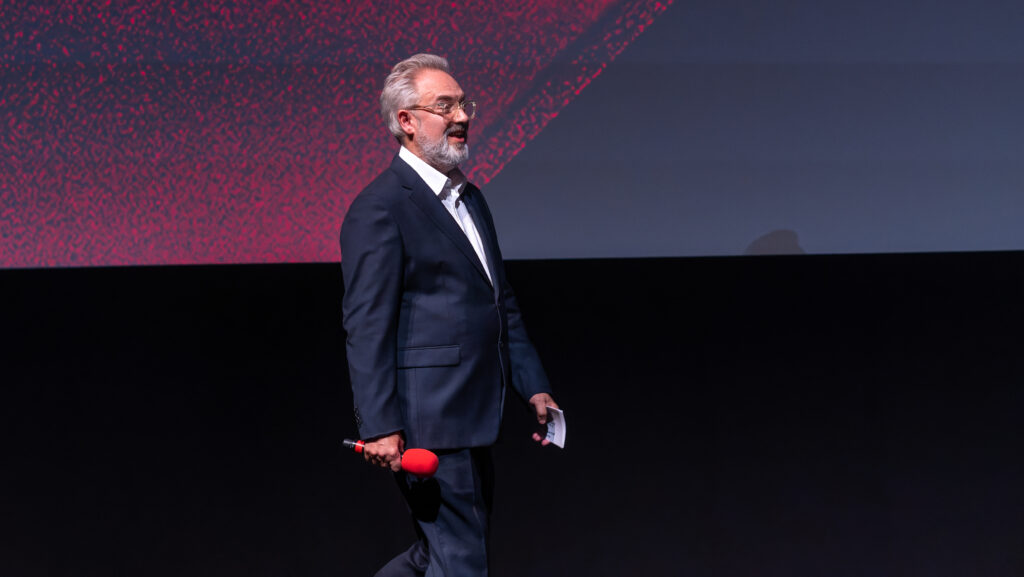
Before his untimely passing in 2021, French-Canadian director Jean-Marc Vallée had become one of Hollywood’s most sought-after filmmakers for character-driven stories.
His naturalistic style created spaces for career-defining performances in films like Dallas Buyers Club (winning Oscars for both Matthew McConaughey and Jared Leto) and television series, including the cultural phenomenon Big Little Lies and the haunting Sharp Objects.
His distinctive approach to using existing music rather than traditional scores and his fluid editing style that mirrored the subjective experience of memory created a unique cinematic language that prioritized emotional truth.

These directors, along with visionaries like Spain’s Pedro Almodóvar, South Korea’s Park Chan-wook, and Denmark’s Lars von Trier, continue to demonstrate that cinema is truly a global art form, with international perspectives enriching and transforming Hollywood storytelling.
As barriers between national cinemas continue to fall in our interconnected world, we can expect to see even more diverse voices making their mark on American film. Streaming platforms have made global content more accessible than ever, and audiences increasingly embrace stories told from perspectives different from their own.
The ongoing internationalization of Hollywood not only brings fresh storytelling approaches and visual styles to American cinema but also helps the industry remain culturally relevant in an increasingly global marketplace. These filmmakers prove that artistic vision transcends borders, languages, and cultural differences, connecting audiences through the universal power of visual storytelling.








